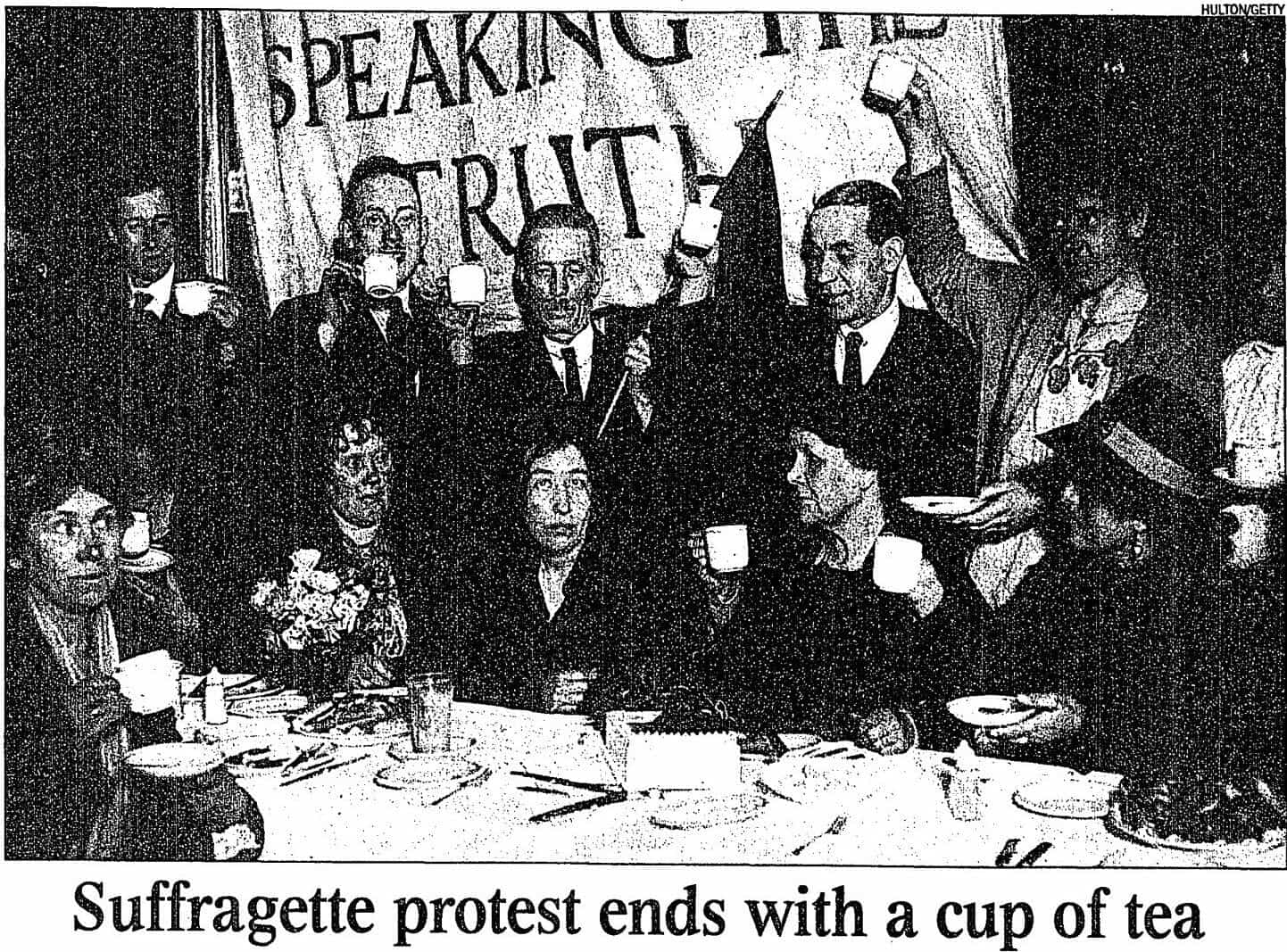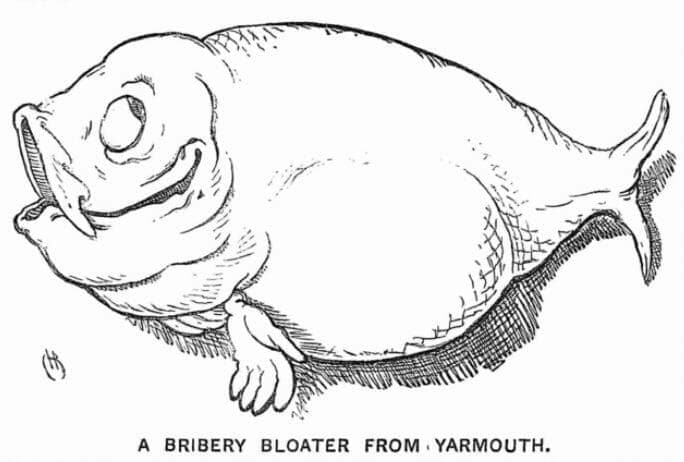| By Constance Lam, Gale Ambassador at the University of Durham |
No matter the situation, and no matter the company, it is an unspoken rule in the UK that a cup of tea (and likely several more cups) will always be poured and sipped! Despite the ubiquity of tea-drinking, I would argue the consumer base of tearooms and cafés is distinctly female-dominated. This begs the question: why is the act of drinking tea so closely associated with women when it is in reality a universal habit in the UK? I’m also curious to explore how tearooms and tea-drinking featured in one of the most significant women’s rights movements in the UK to date – the fight for women’s suffrage.


